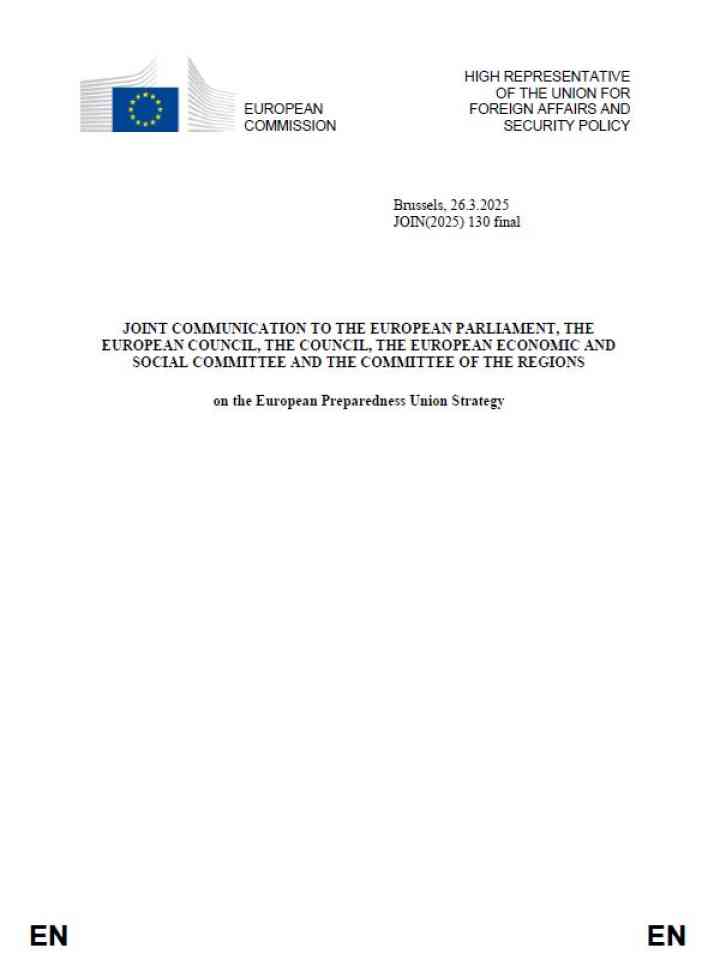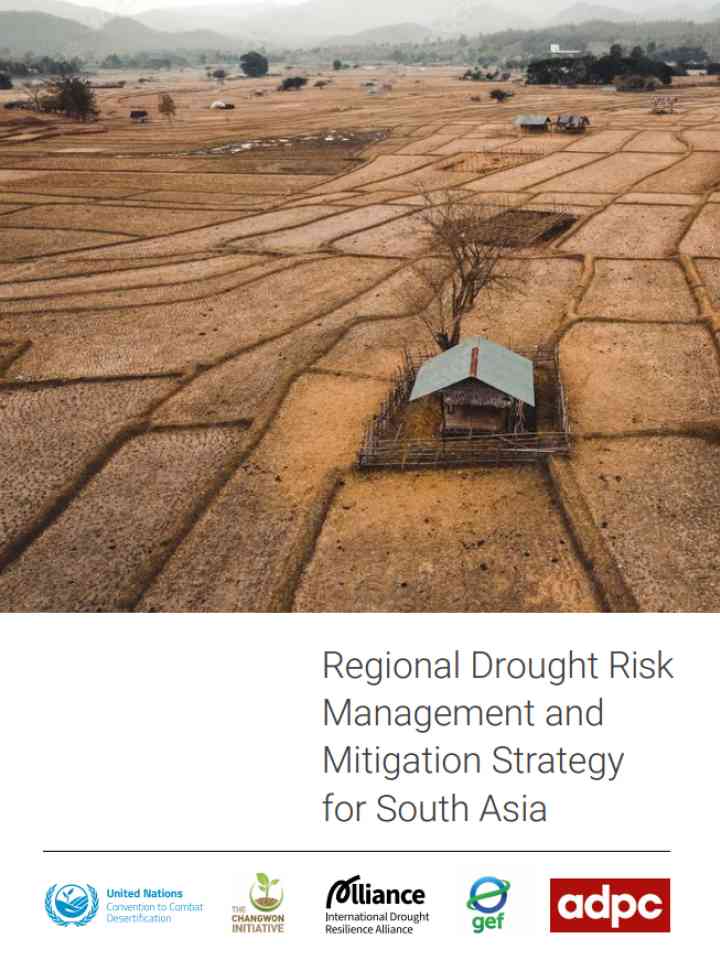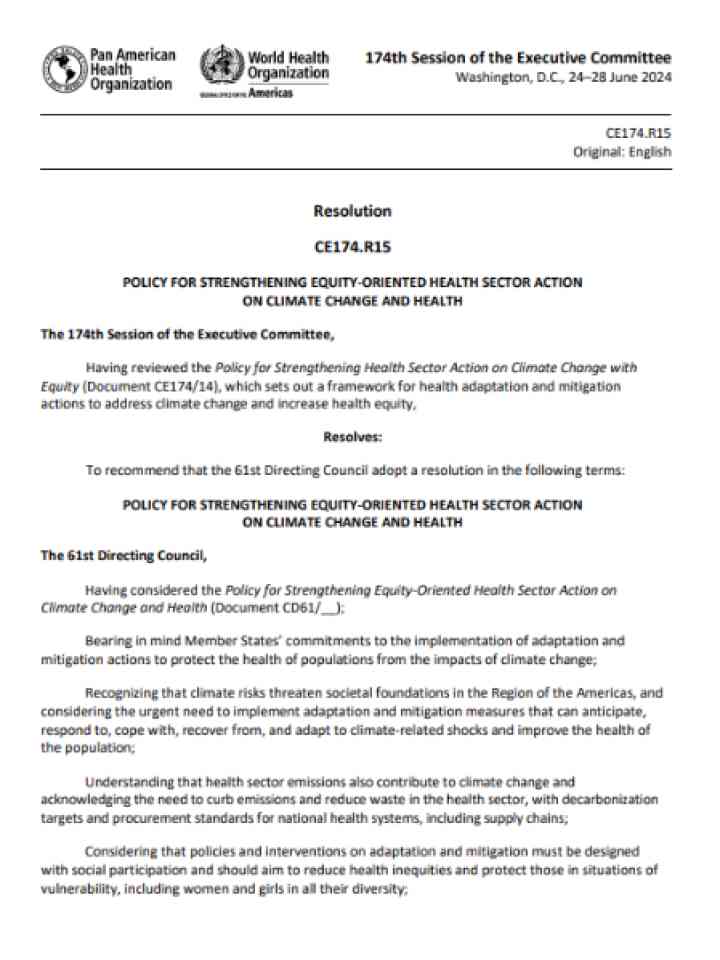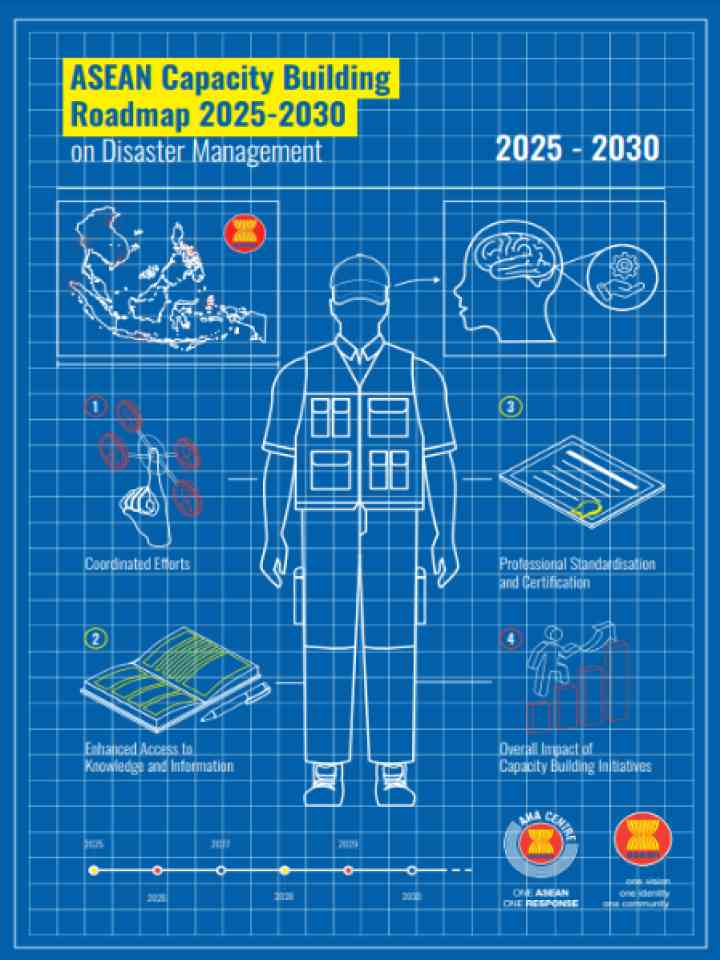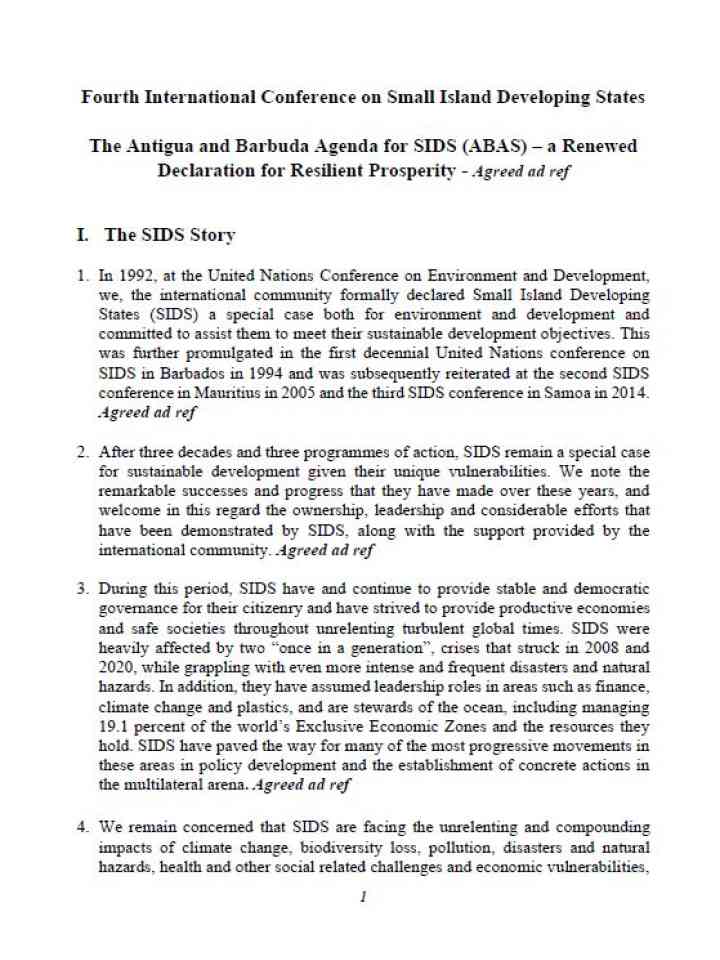Find regional DRR strategies, policies and plans
This page displays regional policies and plans on disaster risk, climate adaptation and resilience.
Governance of risk plays a central role in managing disaster risk. Regional policies and plans for disaster risk reduction are collaborative strategies developed by countries within a specific region to address and mitigate the impacts of disasters collectively. These policies aim to enhance regional resilience through coordinated efforts such as establishing early warning systems, sharing best practices and conducting joint training exercises.
They include harmonized standards for building codes, land-use planning, and environmental management to reduce vulnerabilities. Such regional initiatives foster cooperation, resource sharing, and collective action to effectively manage and reduce disaster risks across borders.
- Submit a local, national, or regional policy and plan, a national legal framework, or an intergovernmental declaration.
- View all types of policies and plans.
